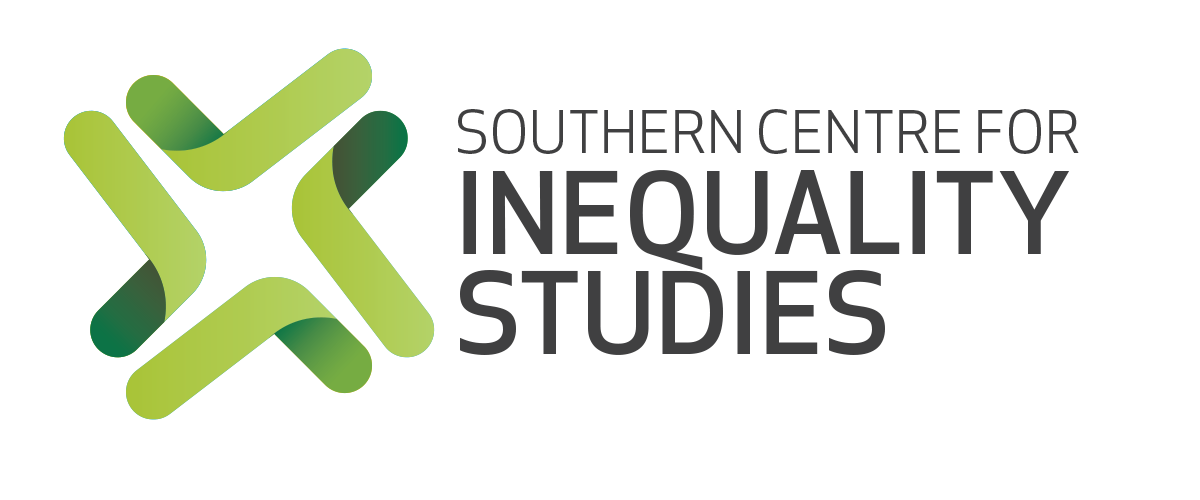7Qs for Academics Kitso Kgaboesele
- SCIS
Today we speak to Kitso Kgaboesele, Researcher: Communications and Engagement, Southern Centre for Inequality Studies
This is an ongoing series where we introduce some key researchers and academics getting to understand their work, their developing research interests as well as what keeps them engaged.
Explain the nature of your work and/or how it relates to inequality.
My primary role is to provide communication and engagement support to the different research projects/teams to ensure that there is maximum engagement with the work across various platforms. The role, which has quite a big outreach component, is quite important because it essentially communicates the work of the Centre and highlights outputs from the different research projects. Showcasing these outputs is significant as it offers a new way of not only conceptualising and understanding inequality but ultimately tackling it, and in a way offering possibilities for a more just and equitable society.
Why do you think inequality remains such an intractable social and economic problem?
For me inequality is essentially about greed, power, and capitalism in their crudest forms and how they intersect with race, class, and gender. Its deep-rooted nature, coupled with a lack of political will, makes it even more difficult to tackle. Inequality remains uncontrollable because of its complex nature which sees it manifesting itself in multiple ways. It’s like goalposts that are constantly moving.
What continues to keep you engaged in your work or areas of research?
Inequality makes me uncomfortable. How can it not? It’s completely dehumanising. The fact that there is a disconnect between theory and/or the various research undertaken to understand and propose solutions to inequality and the rhetoric of policymakers, civil society and the media, motivates me to translate what would otherwise be dull academic work into relatable outputs.
What is one thing your field is not focusing on that it should?
South Africa is a multilingual society. Yet, whenever issues like inequality are discussed, the discourse around it is primarily in English, and tends to be elitist. In a way, conversations around inequality are exclusionary as they take place in the context of linguistic inequality. With many years spent at the official broadcaster, SABC, I see a lot of value in working closely with a public broadcaster, which has a wide footprint in terms of the number of people it reaches through its various platforms, in making discussions around inequality more linguistically inclusive.
Who are some academics (in your field or otherwise) whose work you follow closely? Why?
Coming from a post-colonial literary theory background Homi K. Bhabha’s work on liminal spaces and Gayatri Chakravorty Spivak’s essay published in “Can the Subaltern Speak?” remain relevant. These works are around voice/voicelessness, and in-between or marginal and liminal spaces. Inequality has a way of rendering many voiceless, pushing them further to the marginal spaces of society.
What books are you currently reading?
Their Eyes Were Watching God by Zora Neale Hurston and The Land is Ours: Black Lawyers and the Birth of Constitutionalism in South Africa by Tembeka Ngcukaitobi.
Complete the sentence: “The first thing I do each morning once I get up is …”
… drink water, pray and depending on the day of the week, I go spinning.


